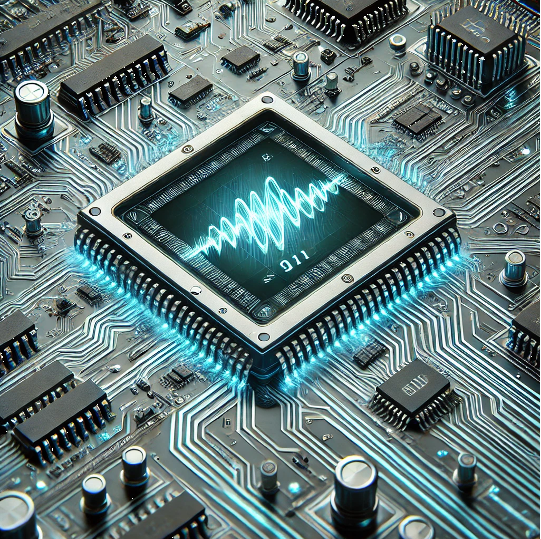0-X MASH Delta-Sigma Modulator Based on Time-Interleaved SAR ADC
J. Ungethüm: Continuous-Time (CT) Analog-to-Digital Converters (ADCs) have become ubiquitous in state-of-the-art (SoA) communication systems thanks to their achievable conversion speed, resolution and power efficiency. Recently, CT pipelined ADCs have gained interest in the research community ... [more]

